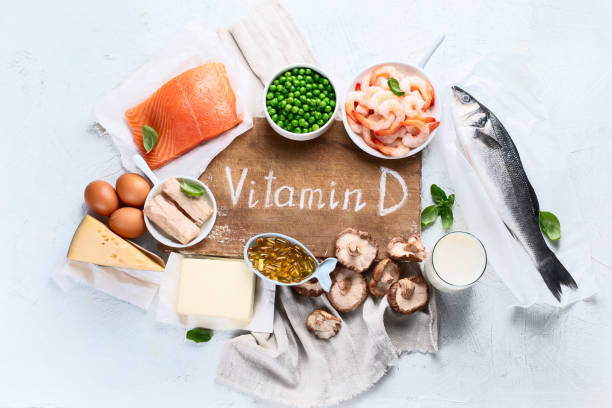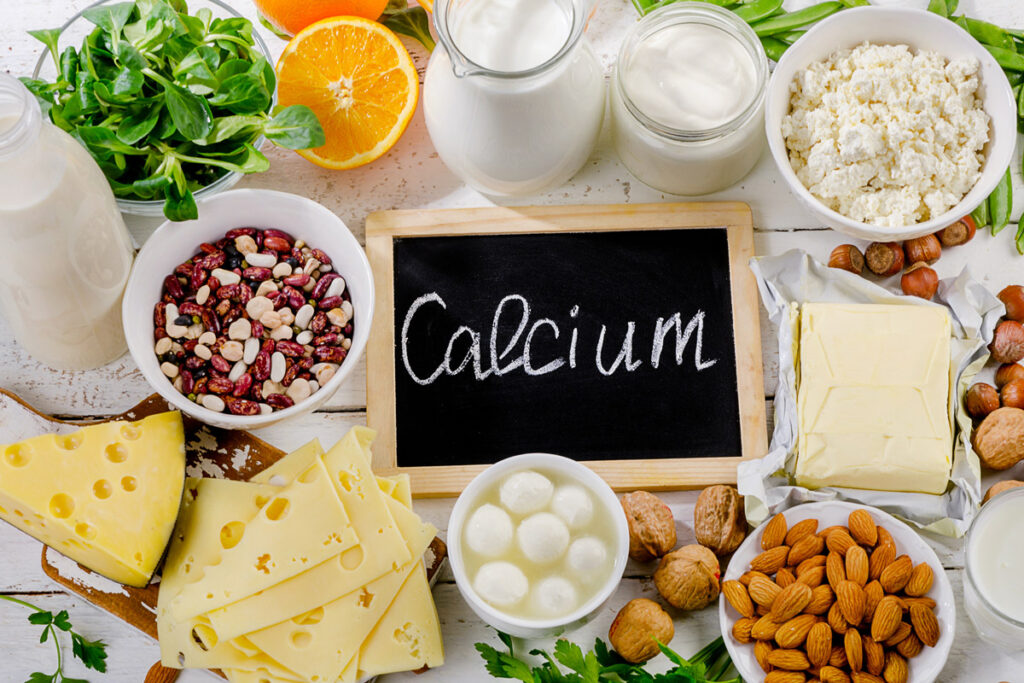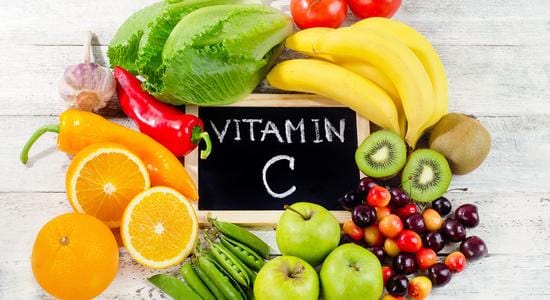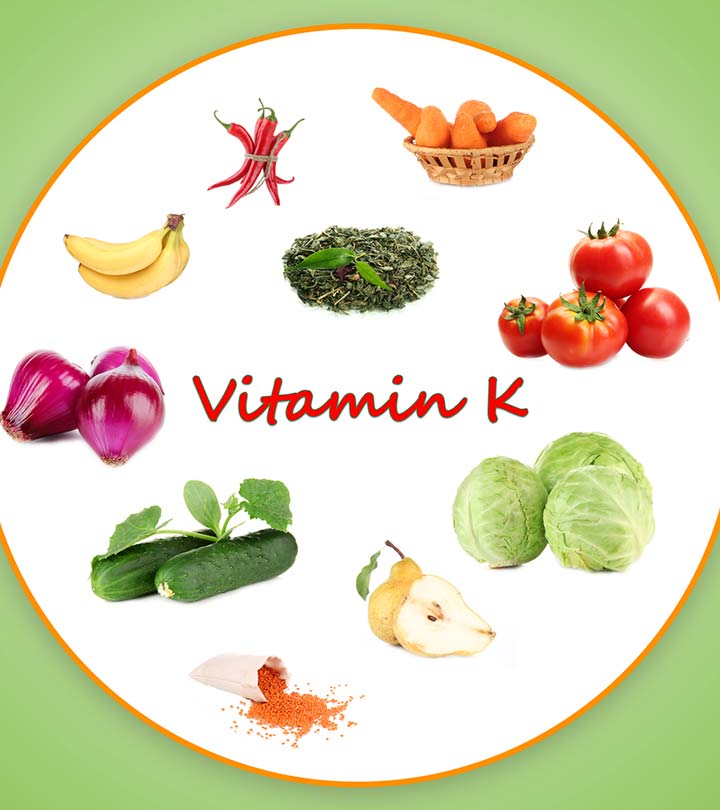We all know that we should be eating our vitamins and minerals for overall health, but did you know that they are also essential for oral health? The vitamins and minerals you eat have a direct impact on the health of your teeth and gums. In this article, we will explore how the vitamins and minerals you eat affect your teeth and what you can do to make sure you are getting enough of the right nutrients for optimal oral health.
Vitamin D
Vitamin D is essential for strong teeth and bones. It helps the body absorb calcium, which is necessary for the growth and maintenance of teeth. Studies have shown that people with low levels of vitamin D are at a greater risk of developing tooth decay and gum disease. Sources: Sunlight, fatty fish, egg yolks, and fortified foods (such as milk or orange juice).


Calcium
Calcium is the main mineral in teeth and plays a crucial role in their development and maintenance. Without enough calcium, teeth can become weak and brittle, making them more susceptible to decay and damage.
Sources: Dairy products, leafy greens, calcium-fortified foods and drinks (such as soy milk), and supplements.


Vitamin C
Vitamin C is essential for the formation of collagen, which helps keep gums healthy and resilient. It also helps promote healing of gum tissues and can reduce the risk of gum disease.
Sources: Citrus fruits, strawberries, kiwi, peppers, broccoli, and Brussels sprouts.


Vitamin A
Vitamin A is essential for the growth and development of teeth and gums. It also helps maintain healthy saliva production, which is important for washing away bacteria and keeping the mouth moist.
Sources: Liver, fish, eggs, carrots, sweet potatoes, and spinach.


Vitamin K
Vitamin K helps the body absorb calcium and helps activate proteins that play a role in bone metabolism. It also helps promote healing after oral surgery or gum procedures.
Sources: Leafy greens, broccoli, Brussels sprouts, and cabbage.


Incorporating a variety of nutrient-dense foods into your diet is the best way to ensure you’re getting enough vitamins and minerals for optimal oral health. If you’re struggling to consume enough of these nutrients through your diet, supplements can be a helpful addition. Always talk to your healthcare professional before starting any new supplement regimen.


